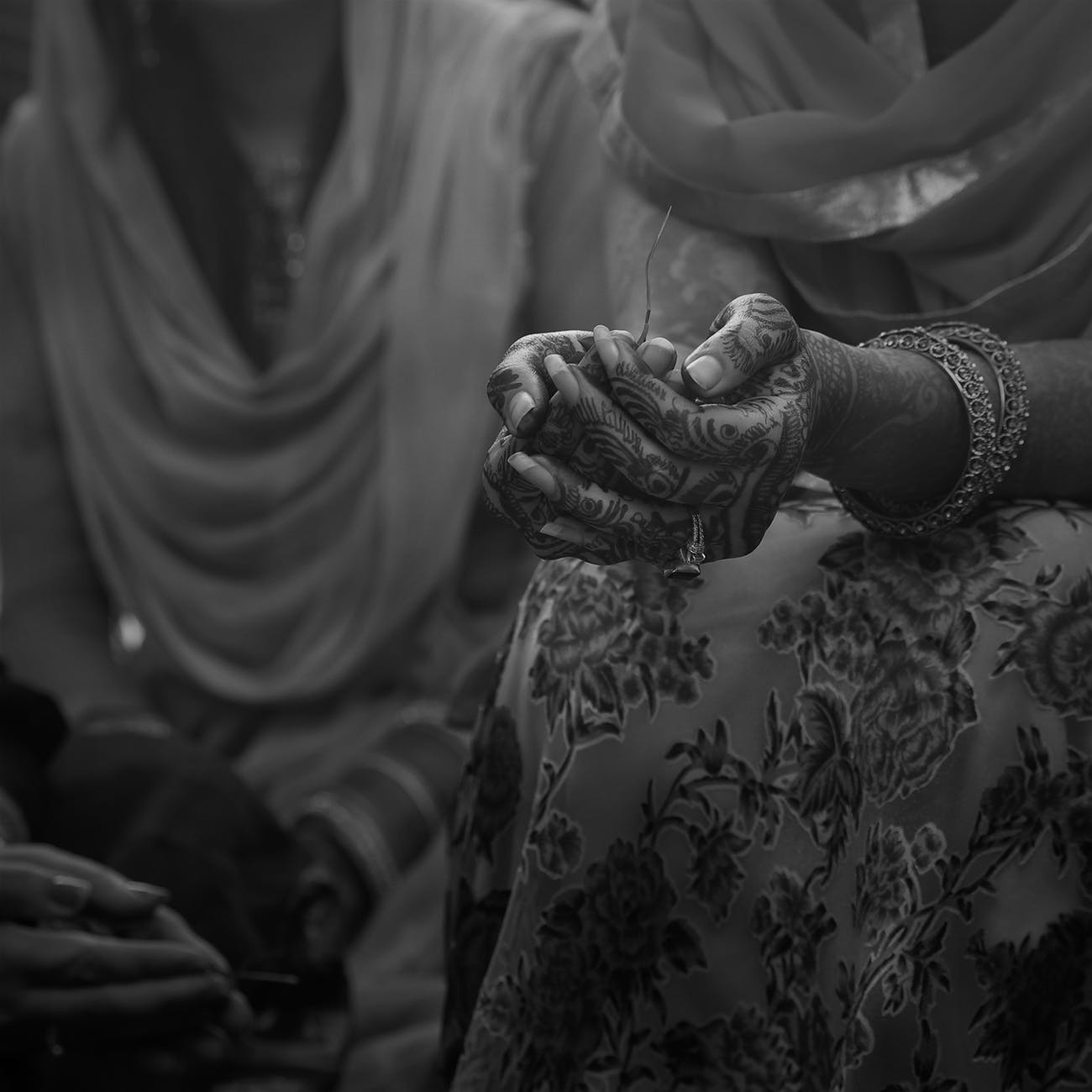The UNFPA and UNICEF Joint Program on the Elimination of Female Genital Mutilation/Cutting (FGM/C) released a technical note about how the COVID-19 pandemic may affect women and girls adversely in regard to violence and inequalities.
The COVID-19 pandemic has the potential to allow an additional two million cases of FGM/C due to restricted movement and confinement of people globally, disrupting the Sustainable Development Goal 5.3: Eliminating FGM/C by 2030. The closing of schools, restricted mobility and the inevitability of health care workers prioritizing COVID-19 patients heightens the need for supporting community-based women and youth groups identifying at-risk girls vulnerable to violence, including FGM/C.
The brief is meant as a guide for UNFPA and UNICEF Joint Program staff and partners, other United Nations agencies, governments, civil society, and non-governmental organizations, on how to assess the impact COVID-19 may have on FGM/C programs. The call to action includes integrating FGM/C in COVID-19 preparedness and response plans; access to prevention, protection, and care services and community-based protection; alternative approaches to community-based interventions promoting the abandonment of FGM/C; opportunities presented by the pandemic; and adaptive monitoring and evaluation.

